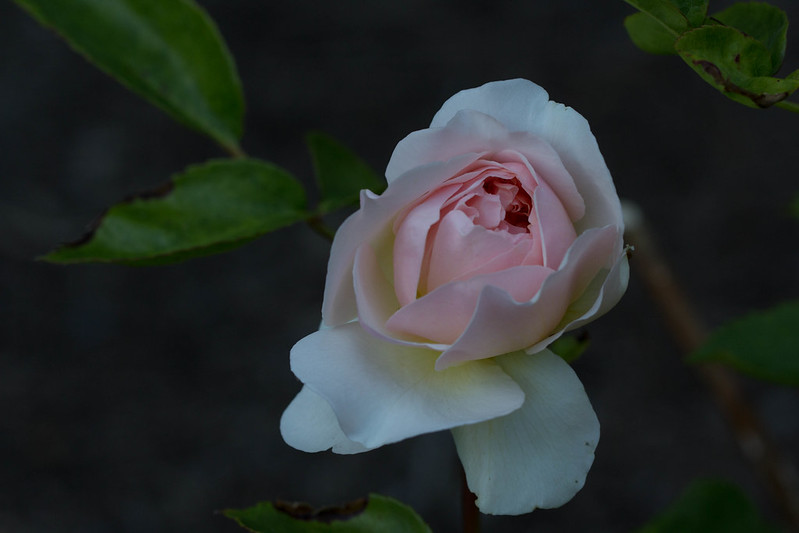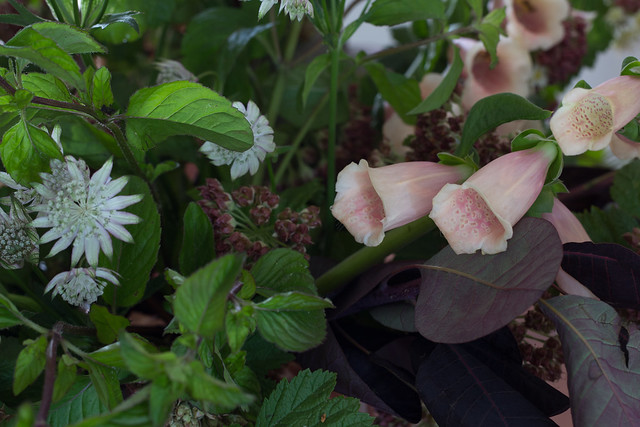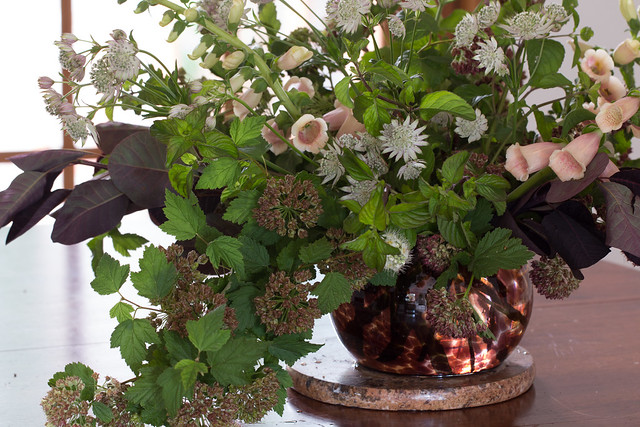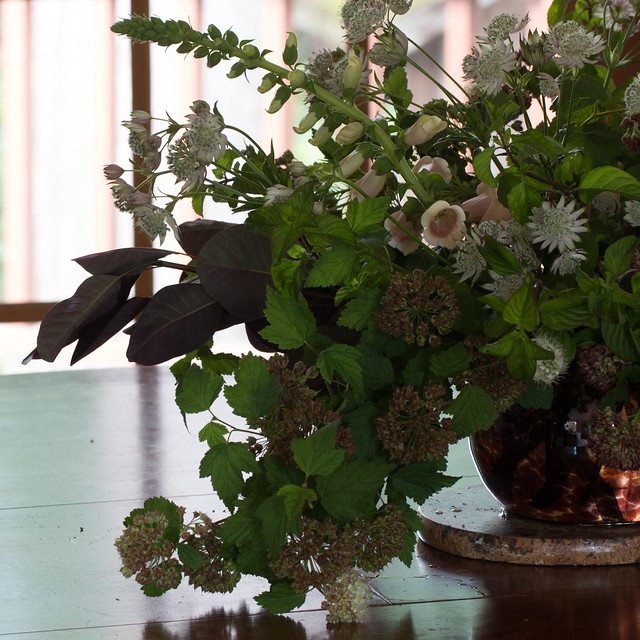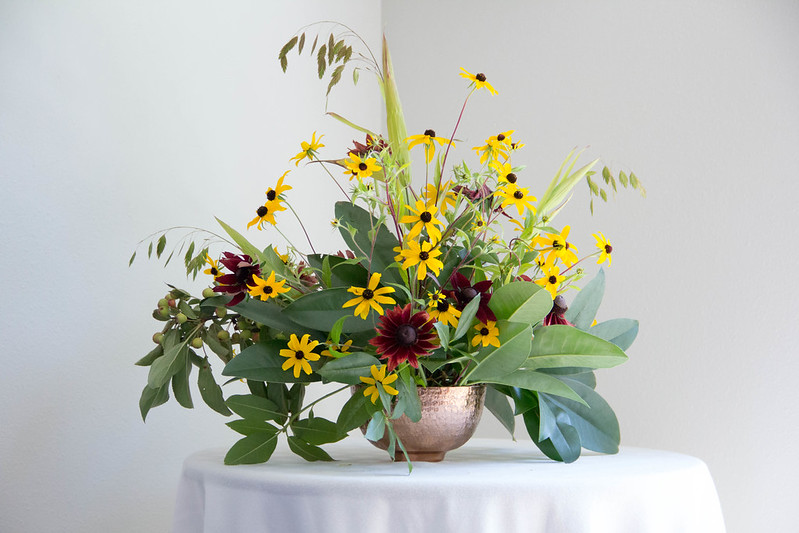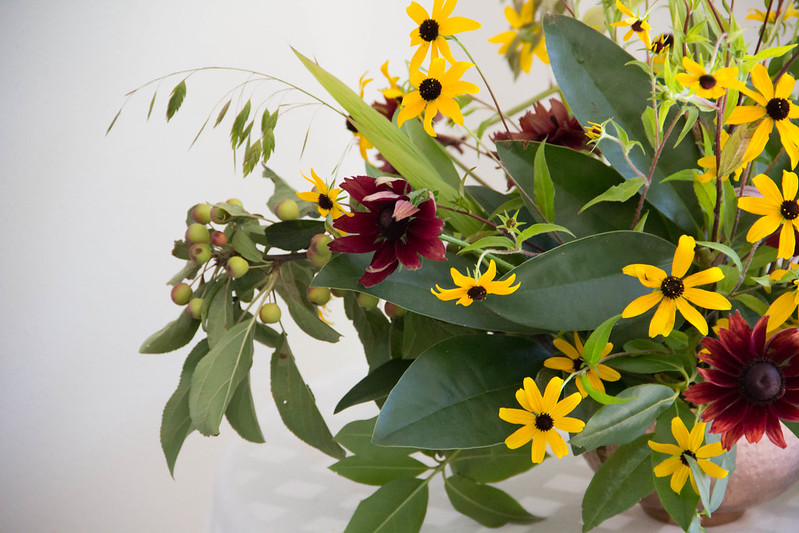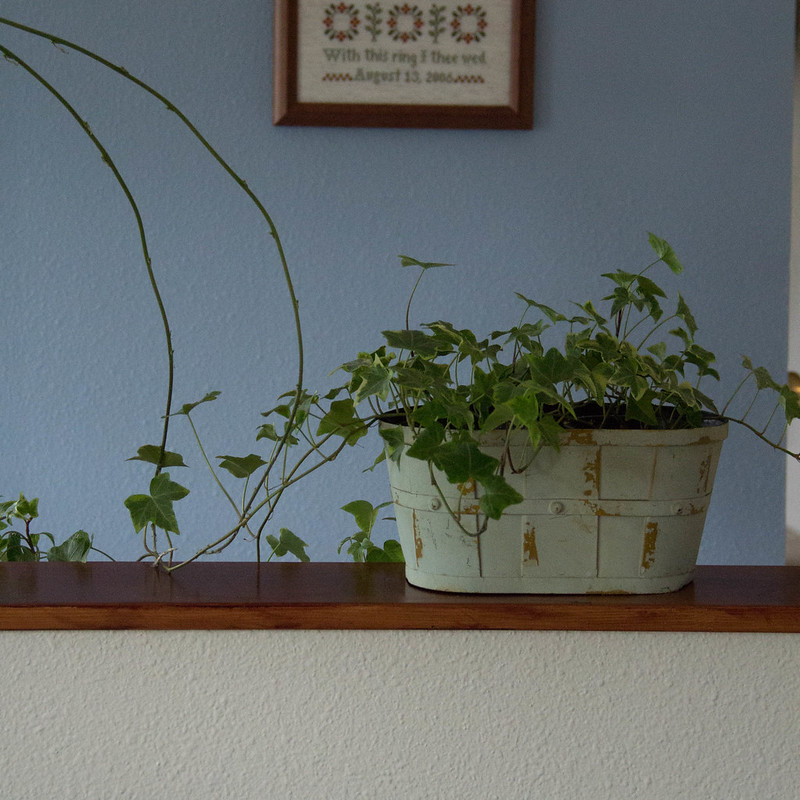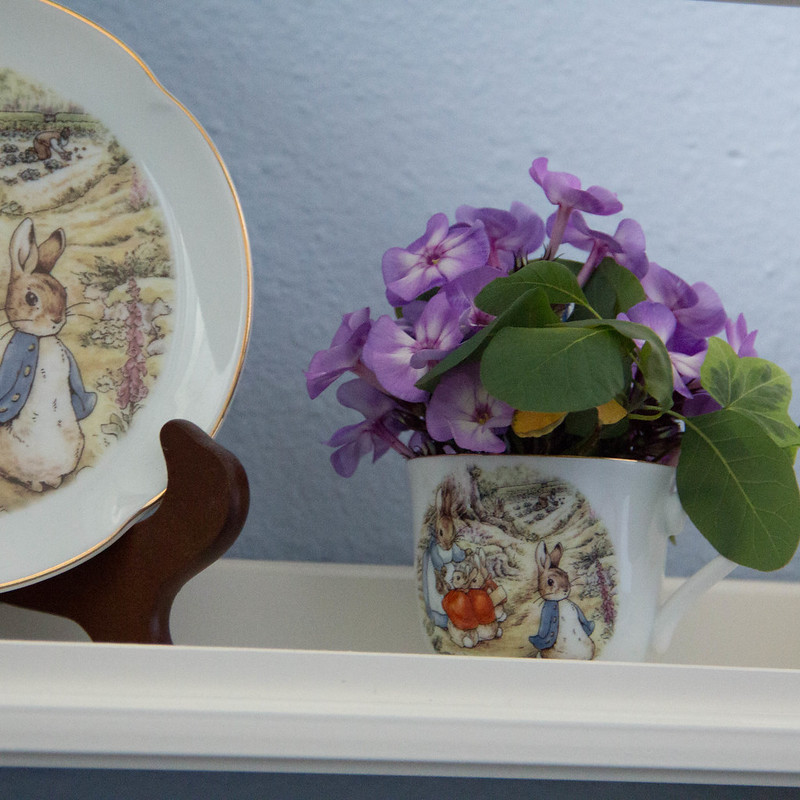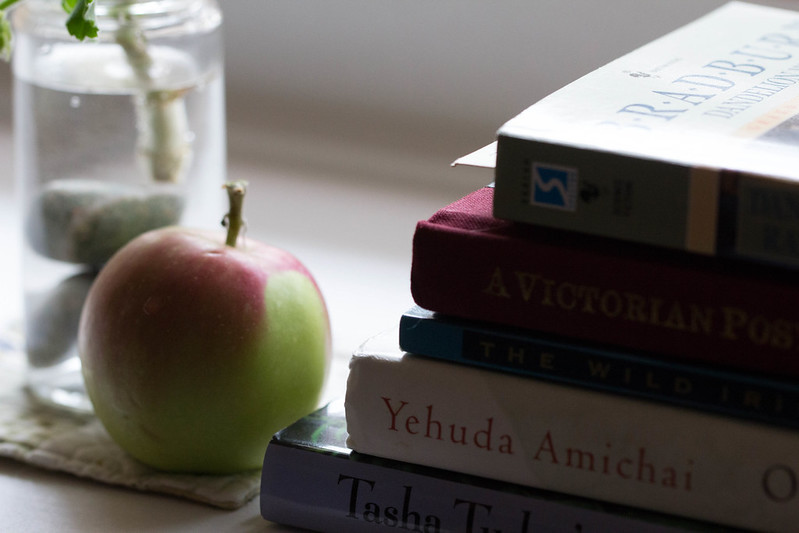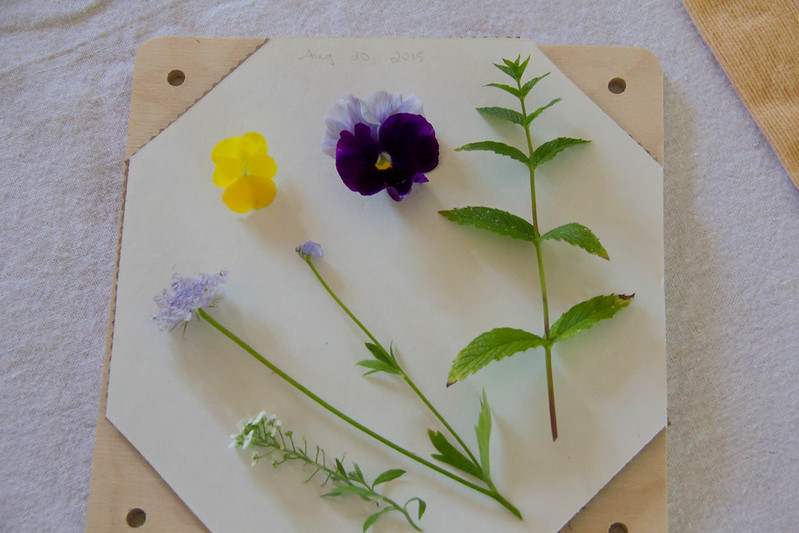
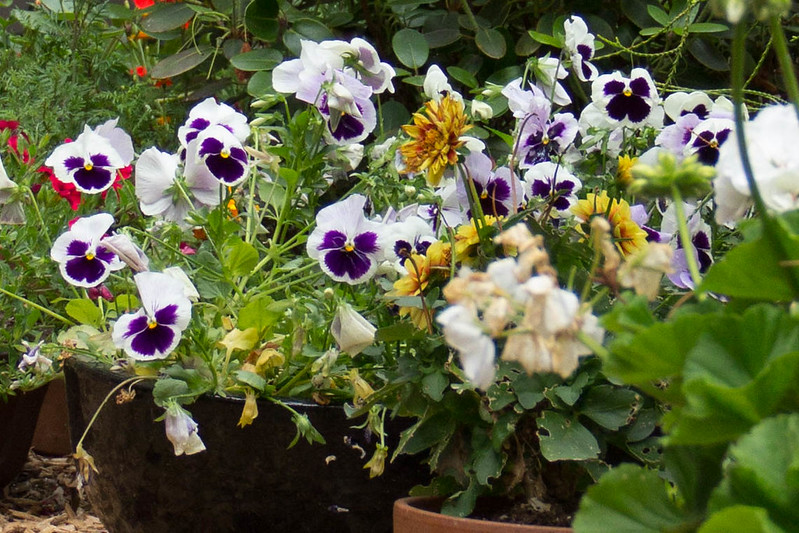
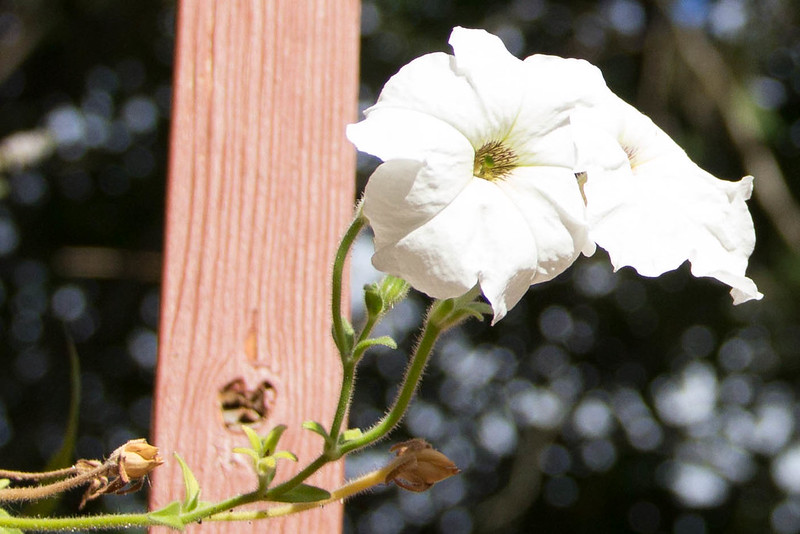
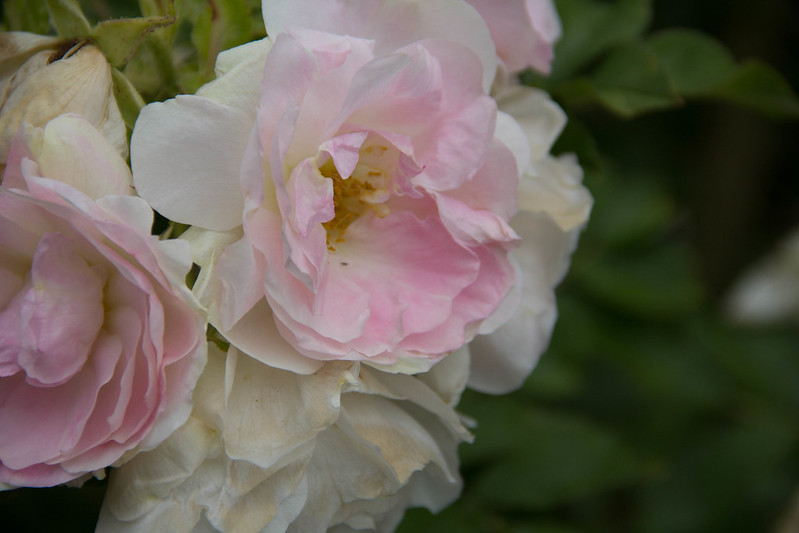
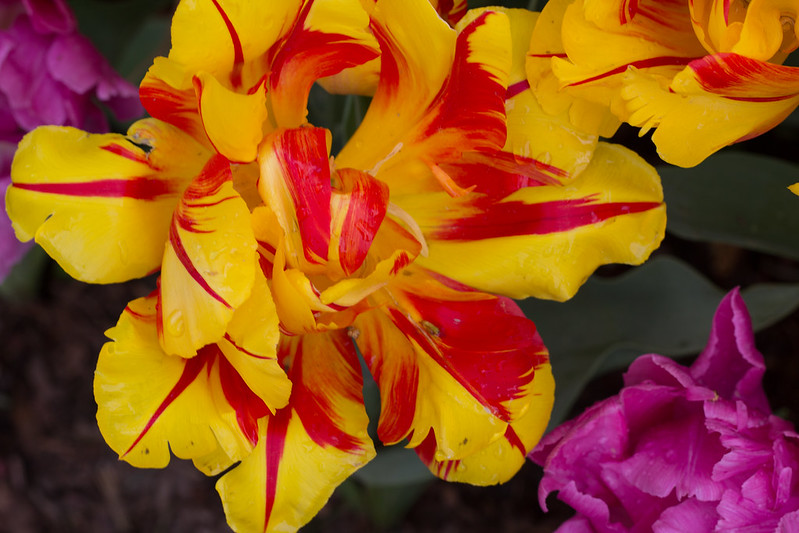
~~~~~~~~~~~~~~~~~~~~~~~~~~~~~~~~~~~~~~~~~~~~~~~~~~~~~~~~~~~~~~~~~
The Yellow School Bus
In elementary school, the big yellow school bus picked us up,
down on a quiet street, next to a big field.
We set our backpacks up in a line and
played in the field while our moms talked until the bus arrived.
In middle school, the yellow school bus picked us up,
it wasn't so big anymore,
just outside our neighborhood along a more trafficked avenue
and we grouped up and talked with our friends.
There weren't any moms anymore.
One afternoon walking home from the bus stop
Josh, Yvonne, TJ, and I got in a big water fight
in and around Josh's house,
The girls were winning, Josh grabbed food
from the refrigerator in retaliation.
I ran home with apple juice in my hair.
Josh's brother, Luke, hung himself in his garage five years later,
with red scratches on his neck from trying to stop the suffocation.
They built a wooden porch outside their front door but
no one comes to sit there anymore.
In high school, the bus picked kids up,
but it didn't come for me.
I walked alone.
~~~~~~~~~~~~~~~~~~~~~~~~~~~~~~~~~~~~~~~~~~~~~~~~~~~~~~~~~~~~~~~
Pansies = thoughts, 'think of me'
Petunias = resentment, anger
or 'never despair'
Single Rose = simplicity; 'I still love you'
Tulips = fame and renown
red... declaration of love
striped... 'You have beautiful eyes'
yellow... hopeless love
~~~~~~~~~~~~~~~~~~~~~~~~~~~~~~~~~~~~~~~~~~~~~~~~~~~~~~~~~~~~~~~~
Poem originally written in the spring of 2003.
